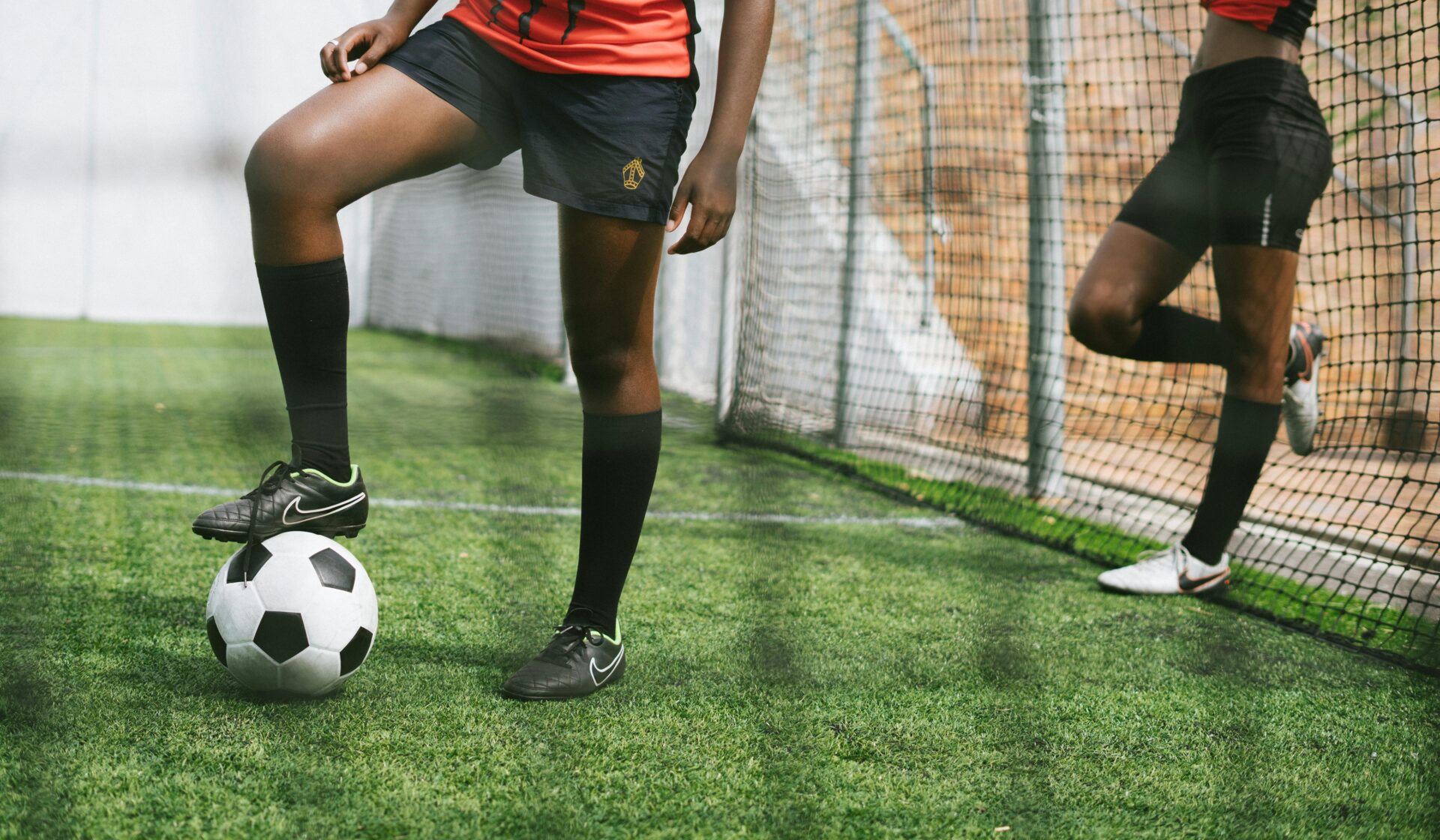Female athletes have long had to contend with the lack of attention to what role their menstrual cycles plays in their athletic performance. Recent research is seeking to shine a new light on this.
Though, over the years, strides have been taken to address sports inequality, one thing in particular remains woefully overlooked: the effect of the menstrual cycle on women’s athletic performance.
Due to the prevailing taboo surrounding periods in general, it isn’t all that surprising that this has long been dismissed in a field dominated by men, nor is the fact that research on female athletes pales in comparison to their male counterparts. But the gap is finally narrowing.
As it stands, 66 per cent of sportswomen believe their menstrual cycle puts them at a competitive disadvantage, 64 per cent experience period anxiety that puts them off their game, and 47 per cent worry that they can’t perform to the best of their ability when it’s their time of the month.
This is according to data from Always in collaboration with Well HQ, which in March launched its #KeepHerPlaying initiative to bolster support for the one in three girls who drop out of sports during puberty.
The menstrual hygiene brand is on a mission to change the narrative so that female athletes view their periods as a natural part of their lives on and off the pitch, rather than as a setback.
‘It’s time to challenge the status quo and empower women and girls to thrive alongside their menstrual cycles,’ said Dr Emma Ross, chief scientific officer of Well HQ, which works to improve upon societal understanding about women’s health and fitness disciplines.
Similarly determined to do so is UCL and the Institute of Sport, Exercise & Health (ISEH), both of which recently joined forces to examine whether there is really any truth to the claims that periods make for bad players.
Interestingly, their findings suggest the complete opposite – that women are in fact better at sport when menstruating.




















